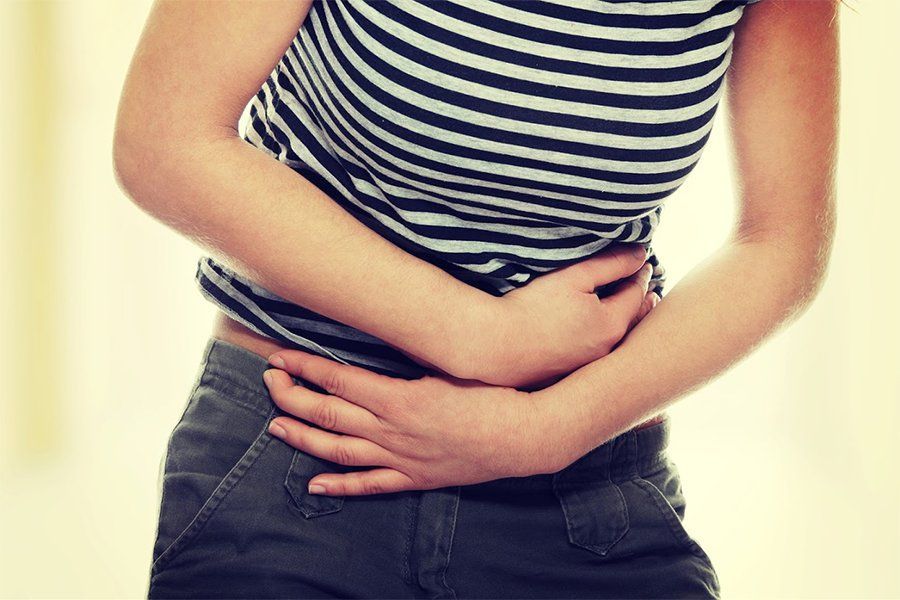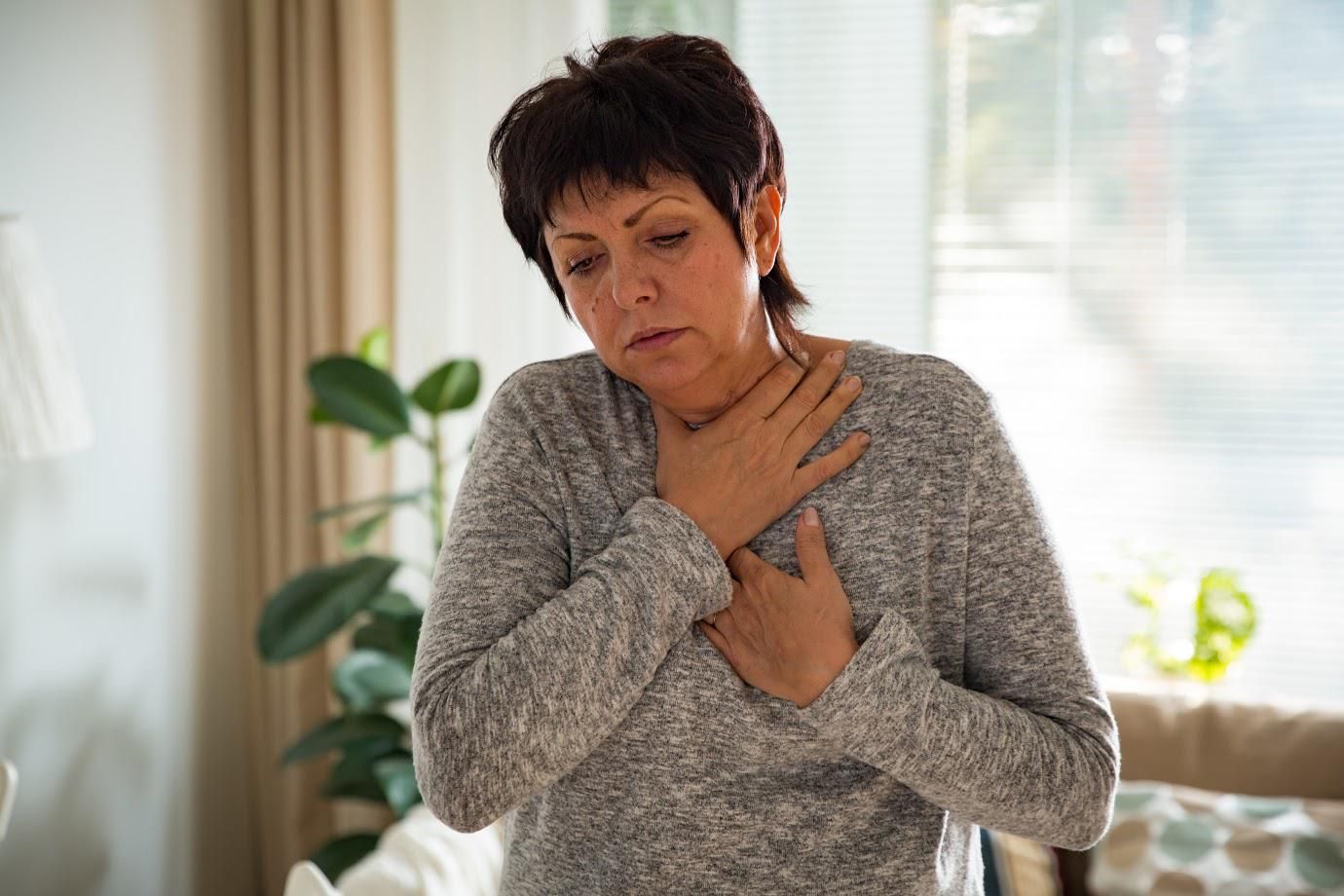Understanding Chronic Diarrhea

The body content of your post goes here. To edit this text, click on it and delete this default text and start typing your own or paste your own from a different source.
What Is Chronic Diarrhea?
If you get food poisoning, eat something disagreeable, or get sick, you may struggle with a bout of diarrhea for a day or two. This causes loose stools that may even become watery. However, if your diarrhea lasts four weeks or more, it is considered chronic diarrhea.
Other symptoms of chronic diarrhea may include:
- Abdominal cramping and bloating
- Nausea and vomiting
- Fever
- Mucus in the stool
- An urgent need to use the bathroom
If blood is in the stool, pay attention to the color. Red blood indicates bleeding near the end of the digestive tract, which could indicate hemorrhoids, a common side effect of diarrhea. If the blood is dark, creating black stool, talk to your doctor immediately. It may indicate deep bleeding in the stomach, small intestine, or large intestine.
What Causes Chronic Diarrhea?
If you have chronic diarrhea, there is a reason. In some cases, the cause is simple, like food sensitivities. If this is the case, you can identify the food allergen and cut it from your diet. Some medications can cause diarrhea.
In many causes, however, chronic diarrhea is because of an underlying condition, such as irritable bowel syndrome, inflammatory bowel disease, and endocrine disorders like hyperthyroidism. Naturally, an infection in the gastrointestinal system can also cause chronic diarrhea.
Regardless of the reason, however, diarrhea occurs when excess fluids enter the intestine or when the body can't pull excess fluids from the intestines to put back in the body. In some cases, nerve damage cause dysfunction.
What Are the Consequences of Chronic Diarrhea?
Three main consequences occur because of chronic diarrhea: dehydration, malnutrition, and bleeding. Since your body frequently eliminates lots of water, your body can quickly become dehydrated. For this reason, drink plenty of fluids if you have chronic diarrhea. Dehydration can lead to headaches, dizziness, and dry skin and mouth. In extreme cases, it can even lead to heat stroke and death.
When you have diarrhea, your body also can't absorb the correct nutrients and vitamins for a healthy well-rounded diet. This can lead to malnutrition even if you eat a healthy diet. Malnutrition can lead to anemia or trouble fighting infection. In growing children, it can also hinder the body and brain's growth.
Finally, all the irritation from repeated bowel movements can also lead to bleeding and irritation, especially around the rectum. You may even develop hemorrhoids.
Can You Treat Chronic Diarrhea?
Treatment for chronic diarrhea depends on the cause. If lifestyle choices cause the diarrhea, you can change your habits to treat the chronic diarrhea: changing your diet, getting more active, or cutting out alcohol. Make sure you drink lots of water and slowly add high-fiber foods. Fibrous foods help hold the stool together, reducing the risk of diarrhea.
Some patients find relief with probiotics that help rebalance the gut bacteria. This may be helpful if medications like antibiotics caused your diarrhea. Other treatments include:
- Avoiding certain foods
- Taking anti-diarrheal medications
- Switching your medication
- Taking medication for gastrointestinal issues like IBS
Chronic diarrhea can make your life miserable. You may avoid events and friends out of embarrassment or necessity. If you would like to know more about chronic diarrhea, contact us at Kentuckiana Gastroenterology & Paramount Surgery Center. We will be happy to go over any questions or concerns you have about this condition or any other one we help with.
















